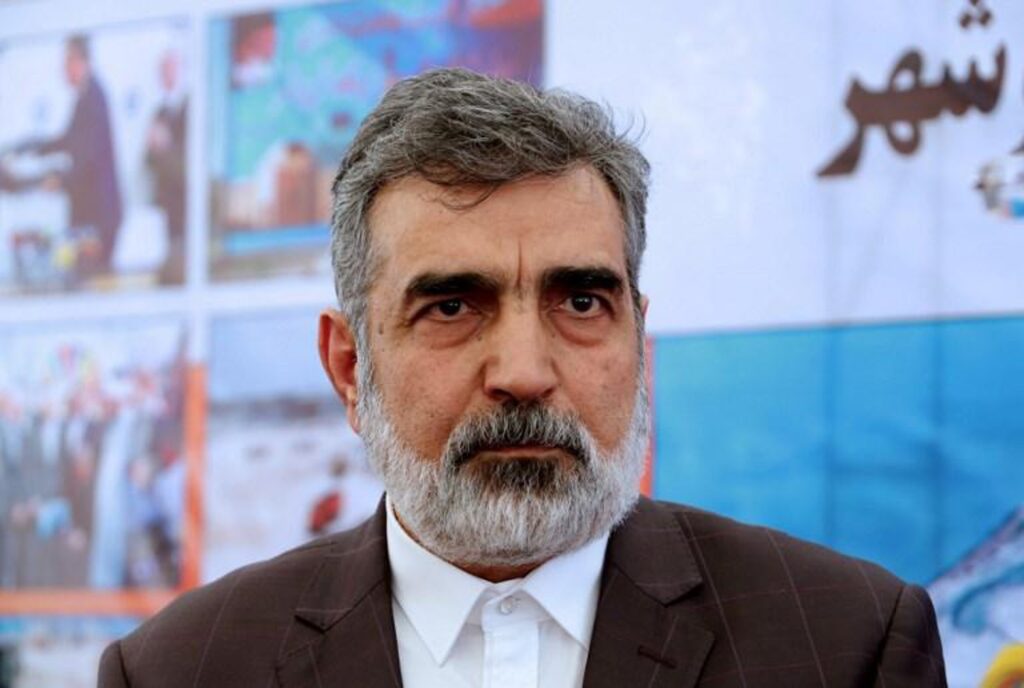Iran denied reports on Monday that it had detected uranium enriched to 84%, just short of the 90% needed to produce an atomic bomb.
The International Atomic Energy Agency (IAEA) stated on Sunday night that it was speaking with Iran after a report by Bloomberg news agency had said, based on two diplomatic sources, that inspectors had detected enrichment levels at 84%.
These reports are "a distortion of the facts (...) So far, we have not made any attempt to enrich beyond 60%," Behrouz Kamalvandi, spokesman for Iran's Nuclear Energy Organisation, said on Monday.
Kamalvandi clarified that "the presence of particles above 60% does not mean there is enrichment (of uranium) above 60%."
According to Bloomberg, the IAEA inspectors "must determine whether Iran produced the material intentionally, or whether the concentration is the result of an unintentional buildup" due to technical difficulties with centrifuge cascades, the machines used to enrich uranium.
IAEA Director General Rafael Grossi tweeted on Sunday evening that he would "keep the Board of Governors informed at the appropriate time." Iranian Foreign Ministry spokespersonNasser Kanani regretted the publication of such information and called on the IAEA to “take a professional attitude regarding Iran’s peaceful nuclear activities.”
In January, Grossi had expressed concern about “the trajectory” taken by Iran’s nuclear programme. “They have amassed enough nuclear material to make several nuclear weapons,” even if further steps are needed, he warned.
Related News
- Traffic disruptions on Monday due to protest against Iranian Government
- Iran prisoner swap: Vandecasteele ruling scheduled for 8 March
The report comes amid stalling negotiations to revive a 2015 deal to limit Iran’s atomic activities in exchange for the lifting of international sanctions. Negotiations had restarted in April 2021 in Vienna between Tehran and Western powers, but have been blocked since August 2022 amid rising global tensions. The deal, known by the acronym JCPOA, has been moribund since the US withdrawal decided in 2018 by President Donald Trump.
In the wake of this, the Islamic Republic has been gradually breaking away from its commitments. It is now officially producing 60% enriched uranium at two sites (Natanz and Fordo), a threshold well above the 3.67% set by the pact.
During a telephone discussion on Sunday evening with EU diplomatic chief Josep Borrell, Iranian Foreign Minister Hossein Amir-Abdollahian said a forthcoming visit by Grossi to Tehran was still planned. “If the agency acts with a technical and non-political objective, it will be possible to agree on a framework to resolve” the nuclear dispute, Amir-Abdollahian said.

